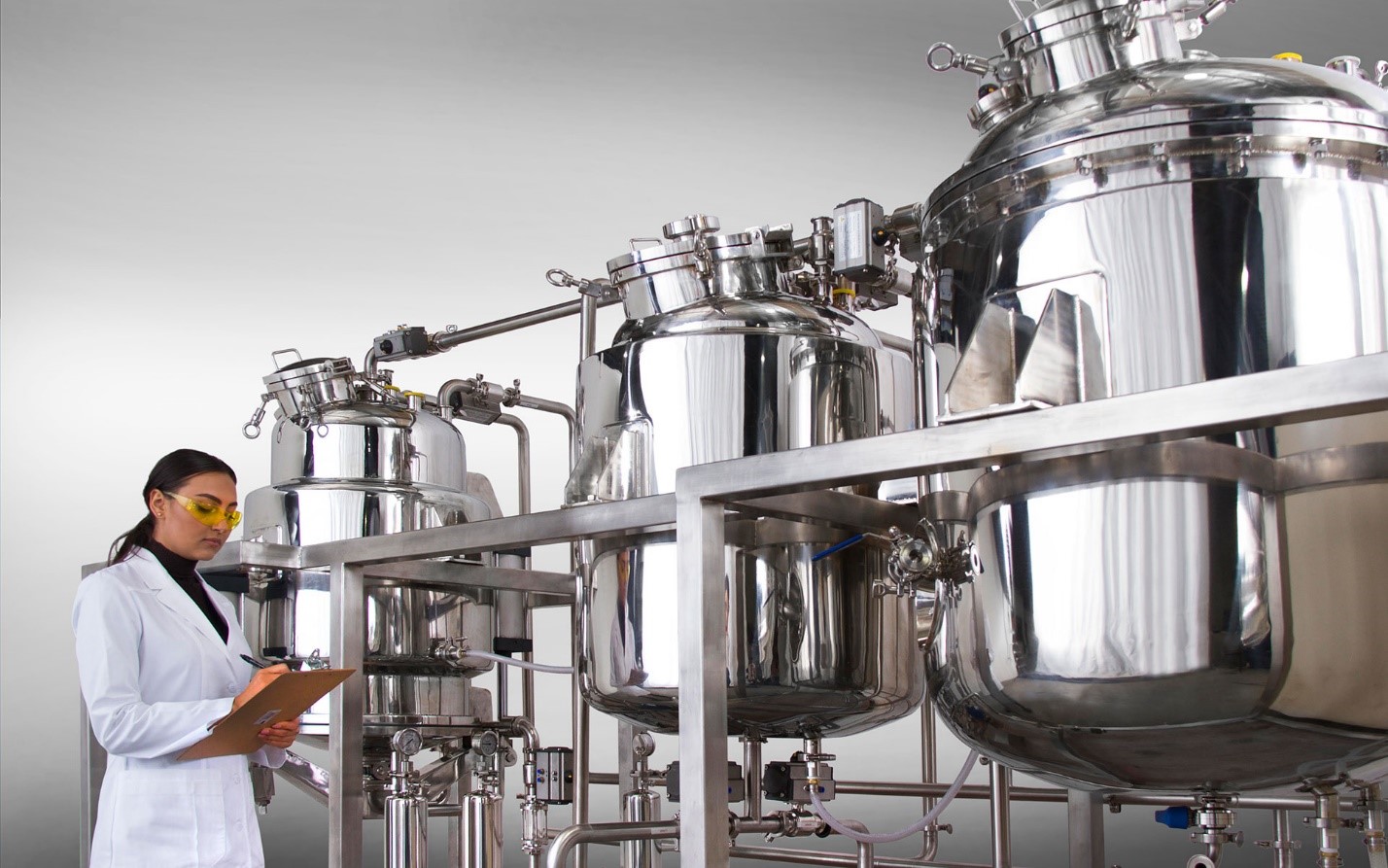Are you planning to set up a cannabis lab? If so, you should consider the extraction process. The central dilemma for individuals is to choose between ethanol, butane, or CO2.
The best answer to this question is to consider the cannabis derivatives you plan to produce and sell, as well as predict the products that will most likely sell in the future.
In case you opt for large-scale ethanol extraction, you might find the information below helpful.
Page Contents
What is ethanol?
It’s known under the name grain alcohol, referring to a flammable liquid with no color, used as the leading ingredient in alcoholic drinks. This compound is also used in health products, cleaning agents, personal care products, and biofuel. Check out some basic facts about biofuel. Its fermentation comes from many starch sources, such as wheat, corn, barley, potatoes, sugar cane, etc.
Nevertheless, given the abundance of corn in the US, it’s no wonder most ethanol is made from corn. The use of organic alcohol is preferred over denatured alcohol, which isn’t suitable for human consumption. The latter contains other harmful chemicals, such as methanol and heptane. When exposed to a normal room temperature, ethanol might ignite. Its flash point is 55˚F, and it boils at 173 ˚F.
How does extraction work?

This type of extraction is performed either under cold or warm conditions. The investment in such extraction equipment is lower when compared to other methodologies without making any sacrifices related to efficiency. Ethanol extraction is not only efficient but also rapid. Operators are enabled to store larger quantities of solvent, leading to a higher biomass volume processing on a daily basis.
In terms of hemp, ethanol is believed to be hemp-friendly and efficient in producing ethanol-based cannabis products, such as tinctures, oils, vapes, topicals, distillates, and edibles. This kind of extraction is compliant in comparison with the other types of solvents. Businesses can go through the licensing procedure without any complications. They compromise neither safety nor compliance.
When compared to CO2 extraction, manufacturers are provided with more benefits when using the ethanol method. The primary advantages of large scale ethanol extractions include high throughput and relative safety. The results provided by this technique are unbelievable, particularly when handling hemp in large quantities.
The process can be broken down into multiple steps, starting by loading the solvent into the vessels and then bringing its temperature down to below zero by using jacketed vessels and chillers. Afterward, this compound is sprayed from the tank for the purpose of reaching the extractor and soaking the hemp biomass. The ultimate step is pumping out the extract through the filter into a collection vessel.
The soxhlet technique, on the other hand, refers to performing the process under warm temperatures. This technique requires producers to boil this compound in a pot or a flask under a vacuum. Once it’s boiled, the system performs alcohol condensation with the help of a condenser. Ethanol is repeatedly washed over the herbs for cannabinoids to get dissolved. Certain processors prefer the warm method due to its time efficiency.
Normally, processors are likely to face some challenges and risks throughout the process. For example, ethanol doesn’t only dissolve the therapeutic compound of the cannabis plant but also the undesirable ones. Being a hydrophilic solvent makes it able to bind with cannabis plant components that are water-soluble. In such scenarios, a refinement has to be performed following the processing to enhance the purity of the oil.
According to some companies, the reduction of water-soluble components can be neutralized by using the system at unusually low temperatures, such as below 5˚F. Nevertheless, this method isn’t appropriate for all kinds of cannabis concentrates. For instance, the creation of full-spectrum extracts with high terpene value requires different solvents like propane and butane. See this URL, https://www.britannica.com/science/propane, for an explanation of the properties of propane.
Equipment
Large-scale ethanol extractions have to be performed by using the right equipment, complying with the regulations of a given state. Let’s take the turnkey ethanol extraction system as an example. It consists of all the required vessels for production, including pumps, filter, distillation tower, etc. On average, their capacity is at least 100L.
A custom system can be created for manufacturers whose needs are too specific or of high volume. Some manufacturers require a system with specific storage requirements, which is why a custom model is considered the best option. Centrifuge extractors are indispensable for manufacturers looking to create hemp-derived products.
These systems require low-temperature ethanol to operate. Most models come with touch screen displays for users to operate them quickly. Some systems even feature automatic valves and agitation settings, which are fully adjustable.
In conclusion
Setting up a cannabis lab required careful considerations. No need to rush anywhere!
